9 African Women Theologians You Should Know About
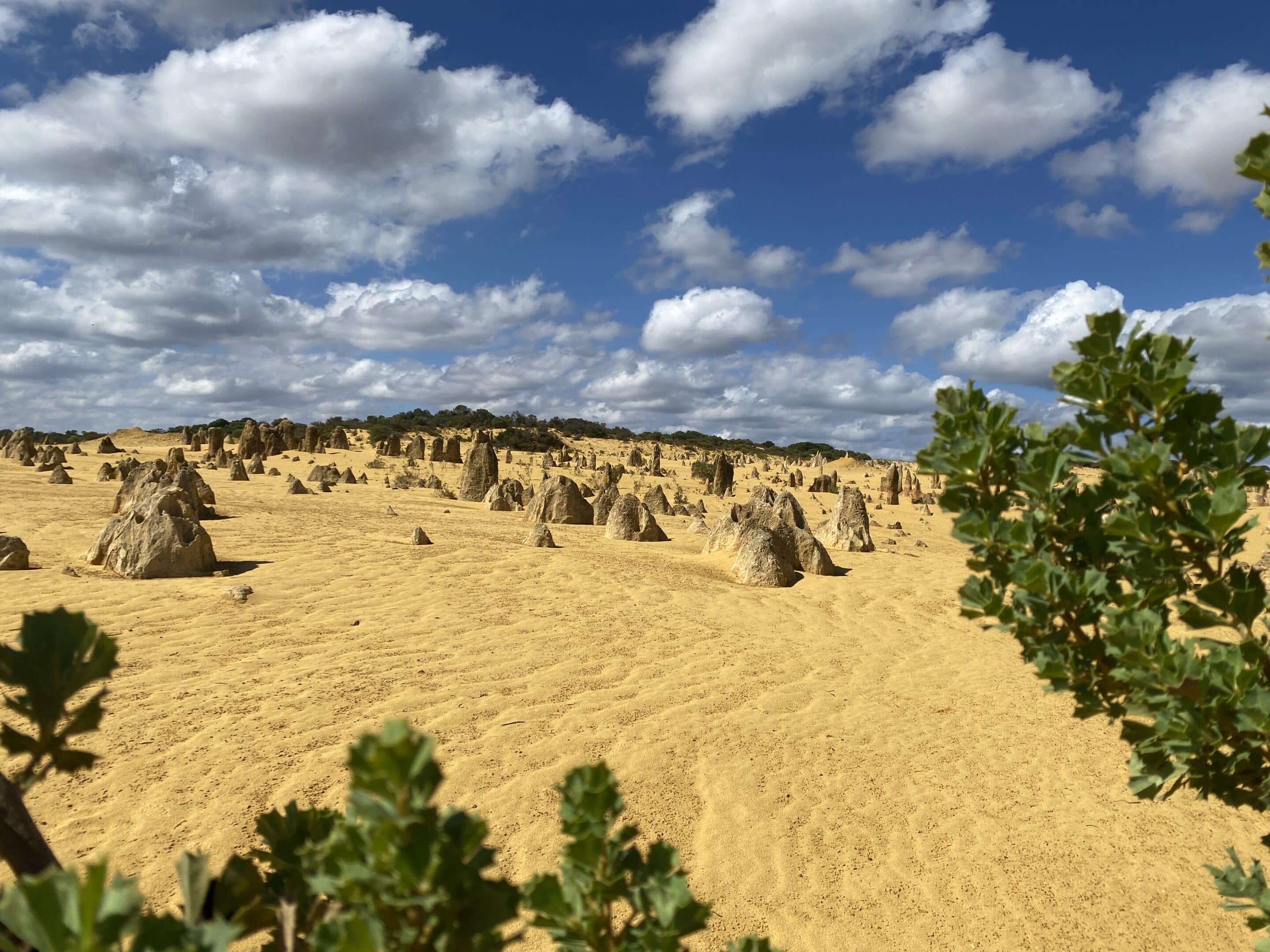
9 African Women Theologians You Should Know About
By Stephanie A. Lowery
Series Editor: Graham Joseph Hill
Africa is vast. It is vibrant and diverse, and a lifetime would not suffice to explore its forests, deserts, mountains, must less its villages, towns, and vast cities. From Coptic Christians in Egypt and the historic Ethiopian church, from African instituted churches to denominations founded by Westerners, the ecclesial terrain is also diverse and beautiful.
I freely admit my own bias here: I’ve spent my formative years, and now nearly half of my life, in Kenya. But my formal theological education was in the United States, which is a very different environment. I began studying theologies in Africa because of my desire to return to Kenya: I felt I had to be informed about the context I was entering if I hoped to be a good teacher.
Along the way, I have realized that whether or not you have any desire or intention of setting foot on this great continent, you ought to have some idea of what is happening here. As I said, Africa is vast, and it is a continent in which Christianity is growing rapidly, as Philip Jenkins and many others have pointed out. It behoves all of us to have some idea of what is happening in Christianity globally, not just in our area. Reading other perspectives will help your perspectives to widen, and hopefully, help you identify some of your blind spots. Besides that, it is an encouragement to know how God is at work around the world!
Modern academic African theology arose in the mid-1950s and developed into various ‘streams’ or emphases since then, such as inculturation, liberation, and others. Each stream shares the conviction that we must contextualize Christianity. The church in each context needs to develop its specific and contextual ‘voice.’ When African theology began, it was mainly produced by men, for obvious reasons. Over the years, however, women too began to share their voices. Given that the majority of those in African churches on any given Sunday are women and children, it is vital to understand the perspective of women. So let me share with you some key women’s voices from Africa, whom I hope you will be willing to hear and learn from!
Mercy Amba Oduyoye
Recommended book: Daughters of Anowa: African Women and Patriarchy (Orbis, 2005).
Sometimes referred to as the mother of African women’s theology, Oduyoye was born in Ghana and founded the Circle of Concerned African Women Theologians in 1989. The Circle was created with the desire to represent the voice of African women at the grassroots level, regardless of religious affiliation. The Circle desired to encourage women to research and publish so that their voices would indeed be heard. Unsurprisingly, many of the first women theologians in this online article were involved with the Circle.
Oduyoye earned a master’s degree from Cambridge in 1969. She served with the World Council of Churches for two decades and has taught at Harvard University, Union Theological Seminary, and the University of Ibadan. Oduyoye has been awarded multiple honorary degrees, from Stellenbosch University, the University of the Western Cape, and Yale.
Oduyoye has written multiple books and over 80 articles addressing Christianity from an African woman’s perspective. One of her key concerns is how African religion and culture influence the experiences of African women. Some of her works are Hearing and Knowing: Theological Reflections on Christianity in Africa, Daughters of Anowa: African Women and Patriarchy, and Introducing African Women’s Theology.
Musa Wenkosi Dube
Recommended book chapter: “Fifty Years of Bleeding: A Storytelling Feminist Reading of Mark 5:24-43” in Other Ways of Reading: African Women and the Bible, ed. Musa W. Dube (SBL, 2001).
Musa W. Dube is originally from Botswana. She studied at Durham for her master’s degree in the New Testament and completed a PhD at Vanderbilt University. During her career, Musa has taught in institutions in Germany, Switzerland, South Africa, and the United States as well as her home country, where she currently teaches as a professor of New Testament at the University of Botswana. In 2021 she will begin serving in the Candler School of Theology at Emory University.
In 2017 Musa won the international Gutenberg Teaching Award. She has also received numerous awards for her research, including awards from the World Council of Churches and Society for Biblical Literature. She is a member of the Circle of Concerned African Women Theologians (often referred to as the Circle), and a prolific writer, having authored over 200 works including journal articles, books, and editing nearly a dozen volumes.
Mainly known for her work as a postcolonial feminist theologian, her research interests include the Bible, gender, postcolonialism, translation, and HIV/AIDS. Among her many publications are included Postcolonial Feminist Interpretation of the Bible and The HIV and AIDS Bible: Selected Essays, “Talitha Cum Hermeneutics: Some African Women’s Ways of Reading the Bible”, and “Searching for the Lost Needle: Double Colonization and Postcolonial African Feminisms”.
Musimbi R. A. Kanyoro
Recommended book: Introducing Feminist Cultural Hermeneutics: An African Perspective (Pilgrim, 2002).
Musimbi R. A. Kanyoro is a Kenyan who has earned two doctorates: one from the University of Texas at Austin in linguistics, and the other in feminist theology from San Francisco Theological Seminary. She is also a human rights advocate, involved in a variety of organizations, including leading the Global Fund for Women for eight years.
In her career, she has served with the Lutheran World Federation, worked as a Bible translation consultant, and served as a Hebrew and Old Testament visiting scholar at Harvard. She is also a member of the World Health Organization. Her research interests include gender issues, HIV/AIDS, among others.
Her publications include Groaning in Faith: African women in the household of God (as a co-editor), Introducing Feminist Cultural Hermeneutics: An African Perspective, “Cultural Hermeneutics: An African contribution” in Other Ways of Reading: African Women and the Bible, and “Engendered Communal Theology: African Women’s Contribution to Theology in the 21st Century.”
Philomena Njeri Mwaura
Recommended book chapter: “Gender and Power in African Christianity: African Instituted Churches and Pentecostal Churches” in African Christianity: An African Story, ed. Ogbu U. Kalu (Africa World Press, 2007).
Philomena N. Mwaura is a Kenyan and received her PhD from Kenyatta University, where she teaches in their Philosophy and Religious Studies department, specifically the Center for Gender Equity and Empowerment at Kenyatta University in Nairobi, Kenya.
Her areas of specialization are African Christianity and new religious movements, and her research interests include Christian Religious Education, church history, gender and theology, Pentecostal and Charismatic Christianity in Africa, and African Instituted Churches.
Philomena was co-editor of Theology in the Context of Globalization: African Women’s Response and Challenges and Prospects of the Church in Africa: Theological Reflections of the 21st Century. She has also written various works, including “A History of the Akurinu Churches with Particular Reference to the Holy Ghost Church of East Africa” and “Concept of Basic Human Rights in African Independent Pentecostal Church of Africa and Jesus is Alive Ministries.”
Nyambura J. Njoroge
Recommended book: Kiama Kia Ngo: An African Christian Feminist Ethic of Resistance and Transformation (Legon Theological Studies, 2000).
Nyambura J. Njoroge is the programme executive for Ecumenical HIV and AIDS Initiatives and Advocacy at the World Council of Churches since 2007. She previously coordinated Ecumenical Theological Education at the World Council of Churches. Nyambura is an ordained minister of the Presbyterian Church of East Africa in Kenya and earned her doctorate in African Christian Theology and Ethics from Princeton Theological Seminary, USA.
She is also a long-serving director of the HIV and Aids Advocacy and Initiatives by the WCC and passionate about sexual violence issues and made history by being the first Presbyterian woman to be ordained minister by the PCEA in 1982.
She is co-editor of Treatment Adherence and Faith Healing in the Context of HIV and AIDS in Africa; and co-editor with Musa Dube of Talitha Cum: Theologies of African Women. She has written on the participation and inclusion of women in the church, for example in “Groaning and Languishing in Labour Pains” in Groaning in Faith: African Women in the Household of God (mentioned earlier under Musimbi Kanyoro’s name) and Kiama Kia Ngo: An African Christian Feminist Ethic of Resistance and Transformation.
Teresa Okure
Recommended book chapter: “The Will to Arise: Reflections on Luke 8:40-56” in The Will to Arise: Women, Tradition, and the Church in Africa (Orbis, 2005).
Teresa Okure is from Nigeria and is a sister of the Society of the Holy Child Jesus. She is a New Testament scholar who earned her PhD at Fordham University. She is professor of New Testament and gender hermeneutics at the Catholic Institute of West Africa in Nigeria. She has served in various leadership roles there, including head of the Department of Biblical Studies. Okure is a member of various national and international theological and biblical associations and the founding president of the Catholic Biblical Association of Nigeria.
She is a co-editor of the biblical commentary series Texts @ Contexts and Global Bible Commentary. Other publications of hers include “The Significance of Jesus’ Commission to Mary Magdalene,” “The Global Jesus” in The Cambridge Companion to Jesus, and The Johannine Approach to Mission: A Contextual Study of John 4:1-42.
Isabel Apawo Phiri
Recommended publication: “Major Challenges for African Women Theologians in Theological Education (1989-2008),” International Review of Mission 98, no. 1 (2009).
Phiri is from Malawi. After earning a master’s in religious education from the University of Lancaster in England, she earned a PhD from University of Cape Town, South Africa, where she majored in African theology, feminist theology, and mission history. Phiri has been engaged with churches and the ecumenical movement for two decades. She has served with the World Council of Churches and as the coordinator for the Circle of Concerned African Women Theologians for several years.
Phiri’s interests are in research in the following areas: gender justice, HIV and AIDs, and African theology. Her publications include Women, Presbyterianism and Patriarchy: Religious Experiences of Chewa Women in Central Malawi; co-editor of Handbook of Theological Education in Africa. Among her works are a variety of articles and book chapters, including “Major Challenges for African Women Theologians in Theological Education (1989–2008)” and “What’s in a Name? Forging a Theoretical Framework for African Women’s Theologies” (with Sarojini Nadar) in Biblical Studies, Theology, Religion and Philosophy.
Sarojini Nadar
Recommended publication: “What’s in a Name? Forging a Theoretical Framework for African Women’s Theologies” (co-author with Isabel Apawo Phiri) in Biblical Studies, Theology, Religion and Philosophy (Zapf Chancery 2010).
Nadar is a South African, of Indian descent, who received her PhD in Biblical Hermeneutics and Gender from the University of Natal. Her career has so far included Professor at University of KwaZulu-Natal, Director of the Gender and Religion Programme 2005 to 2012, and Dean of Research in the College of Humanities, University of KwaZulu-Natal.
Nadar’s research interests include gender issues and education issues. She has co-authored (with Isabel Phiri), “HIV Research, Gender and Religion Studies” In Handbook of Theological Education in Africa; as sole author, the chapter “Her-Stories and Her-Theologies: Charting Feminist Theologies in Africa” in The Wiley-Blackwell Companion to African Religions; co-editor with Isabel Phiri of African Women, Religion, and Health: Essays in Honour of Mercy Amba Oduyoye. Her articles include “‘Stories are Data with Soul’ – Lessons from Black Feminist Epistemology.”
Elizabeth W. Mburu
Recommended book: African Hermeneutics (Langham Global Library, 2019).
Elizabeth Mburu is from Kenya, and received her PhD in New Testament from Southeastern Baptist Theological Seminary, as that school’s first female PhD graduate in 2008. Her expertise is New Testament and Greek. Mburu has taught in the United States as well as in Kenya at several universities, including Africa International University.
She serves as a curriculum evaluator for the Association of Christian Theological Education in Africa. Mburu is the African regional coordinator for Langham Literature, a member of the Africa Bible Commentary Board and New Testament editor for its revision, and commissioning editor for Langham Publishing and Africa Regional Coordinator for Langham Literature. She is the author of Qumran and the Origins of Johannine Language and Symbolism, African Hermeneutics, and “Realized Eschatology in the Soteriology of John’s Gospel.”
Whereas many of the theologians listed here are ones who established women’s theology in Africa, Mburu is a younger scholar who has the potential to contribute significantly to the future of evangelical theology.
Take Up and Read
To appropriate the words of that famous North African, St. Augustine, “take up and read, take up and read”! These works are by Christian women whose perspectives and insights can expand your thinking and draw you closer to Christ. You may never be able to visit the stunning continent in person, but you can easily learn from African brethren – take up and read.
Further Reading and Resources
This post is part of a series The Global Church Project team are running profiling (mainly) female theologians from all over the globe — see our other articles in this series:
Series Editor: Graham Joseph Hill
Celucian L. Joseph, “20 Haitian Theologians and Biblical Scholars You Should Know About“
Jocabed Solano and Drew Jennings-Grisham, “Some Indigenous Women Theologians You Should Know About“
Stephanie A. Lowery, “9 African Women Theologians You Should Know About”
Emmanuella Carter, “17 African American Women Theologians You Should Know About”
Juliany González Nieves, “23 Latin American Women and USA Latinas in Theology and Religion You Should Know About”
Grace Al-Zoughbi Arteen and Graham Joseph Hill, “18 Arab Female Theologians and Christian Leaders You Should Know About”
Jessie Giyou Kim and Graham Joseph Hill, “18 Asian Female Theologians You Should Know About (Plus Others For You To Explore)”
Graham Joseph Hill and Jen Barker, “20 Australian and New Zealander Female Theologians You Should Get to Know in 2020”
Graham Joseph Hill and Jen Barker, “160+ Australian and New Zealander Women in Theology You Should Know About”
Graham Joseph Hill and Jessie Giyou Kim, “12 Women on Changing the World: A 12-Session Film Series on Transforming Society and Neighborhoods”
Juliany González Nieves, “Caribbean Christian Theology: A Bibliography”
Juliany González Nieves offers “A Reading List on Latinx and Latin American Theologies” HERE and downloadable HERE. See “A Latinx Theology Reading List” by Santi Rodriguez, HERE.
Stephanie A. Lowery
 Stephanie A. Lowery is a lecturer in theology and coordinator of the BTh & DTh programmes at Africa International University, and also teaches at Kalamba School of Leadership as well as serving part-time in the Africa Inland Church, Kalamba district. She grew up in Kenya and considers Ukambani home. Her research interests include African theologies, African ecclesiological models, missional theology and hermeneutics, and the Trinity. She is the author of Identity and Ecclesiology: Their Relationship among Select African Theologians, “Ecclesiology in Africa: Apprentices on a Mission” (in The Church from Every Tribe and Tongue) and “Missio Dei: A Way to Value the Present and Future World” (in God and Creation, ASET series).
Stephanie A. Lowery is a lecturer in theology and coordinator of the BTh & DTh programmes at Africa International University, and also teaches at Kalamba School of Leadership as well as serving part-time in the Africa Inland Church, Kalamba district. She grew up in Kenya and considers Ukambani home. Her research interests include African theologies, African ecclesiological models, missional theology and hermeneutics, and the Trinity. She is the author of Identity and Ecclesiology: Their Relationship among Select African Theologians, “Ecclesiology in Africa: Apprentices on a Mission” (in The Church from Every Tribe and Tongue) and “Missio Dei: A Way to Value the Present and Future World” (in God and Creation, ASET series).
Cover Image by Charis Tsevis: The Pap Lady
© 2020 All rights reserved.
Copying and republishing this article on other Web sites, or in any other place, without written permission is prohibited.
Buy Graham Joseph Hill’s books here:

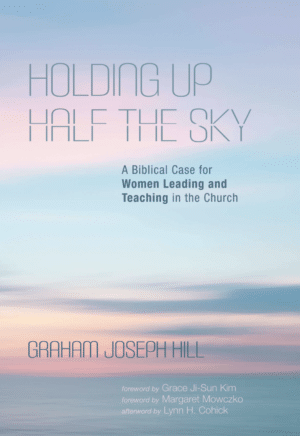
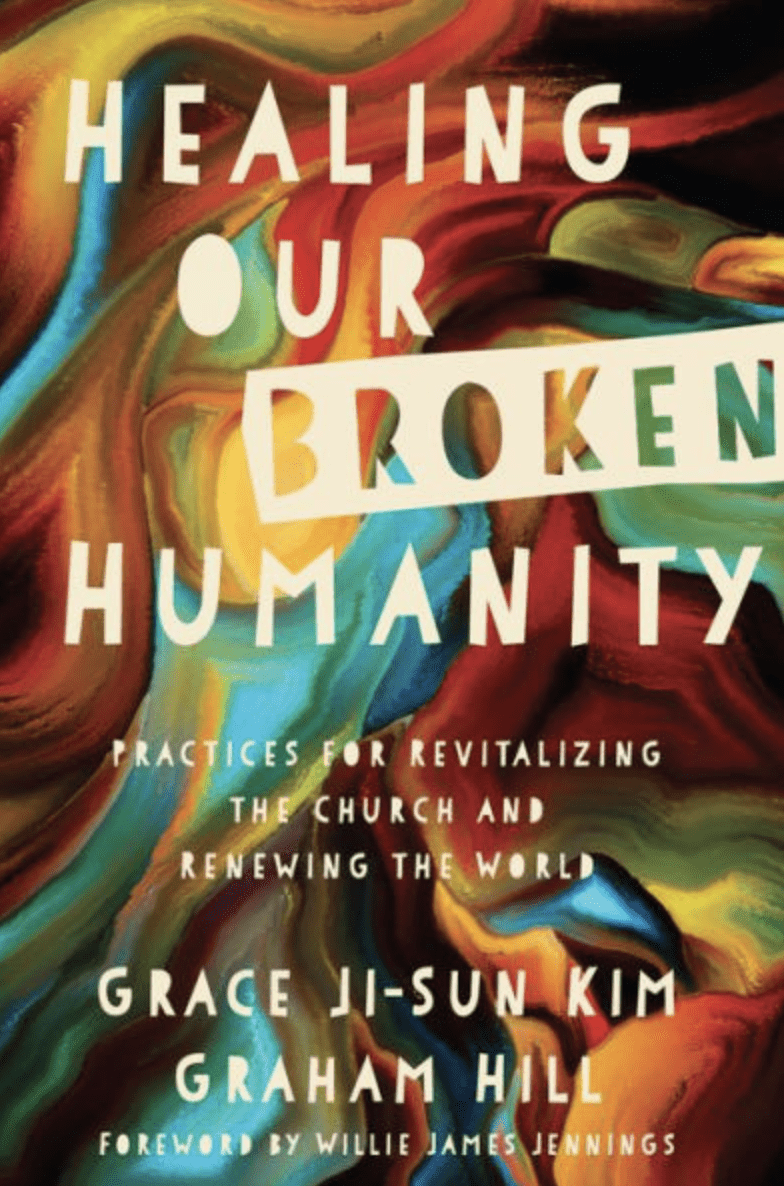
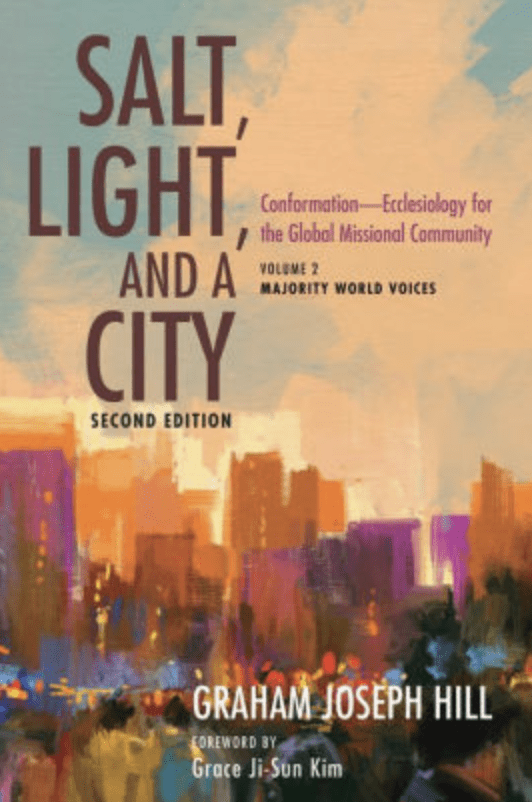
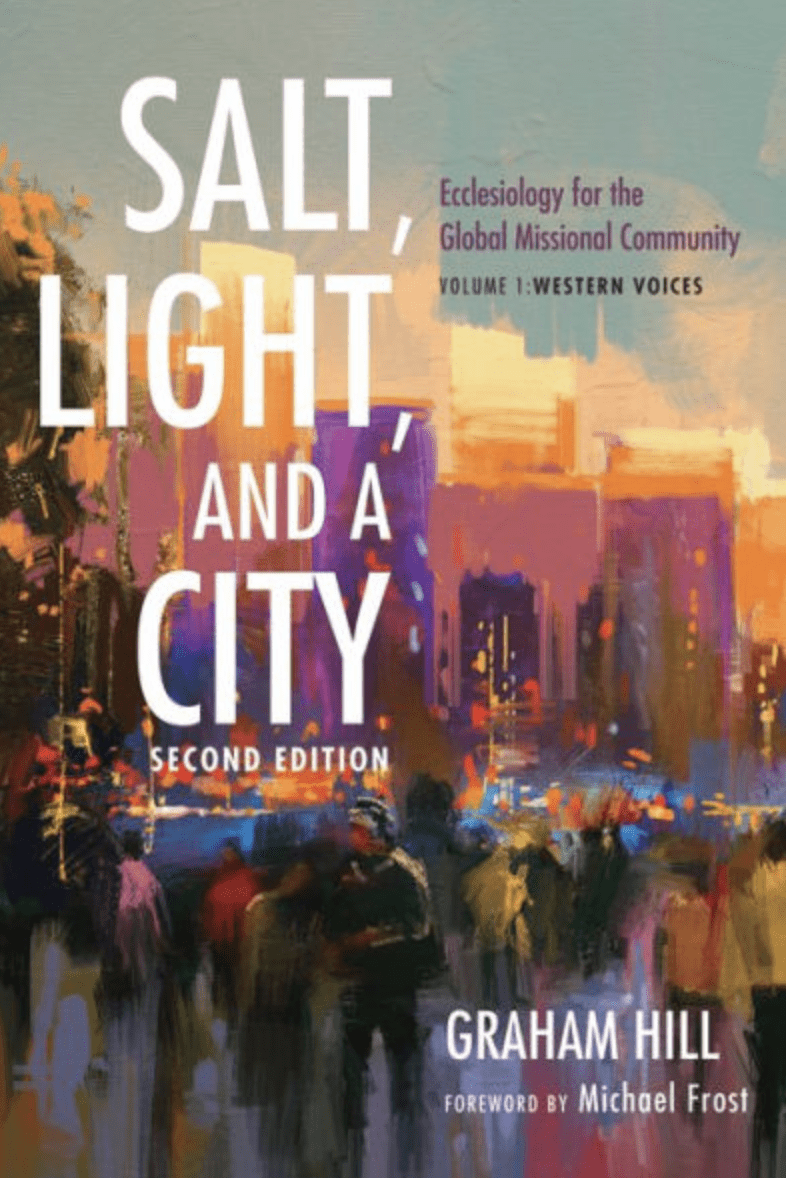


CONNECT WITH US
FOLLOW US ON SOCIAL NETWORKS





